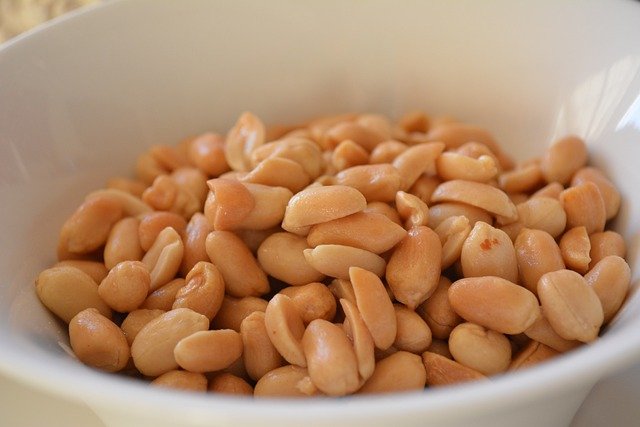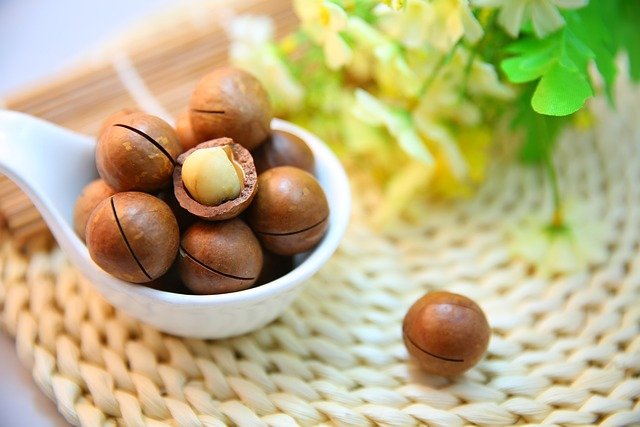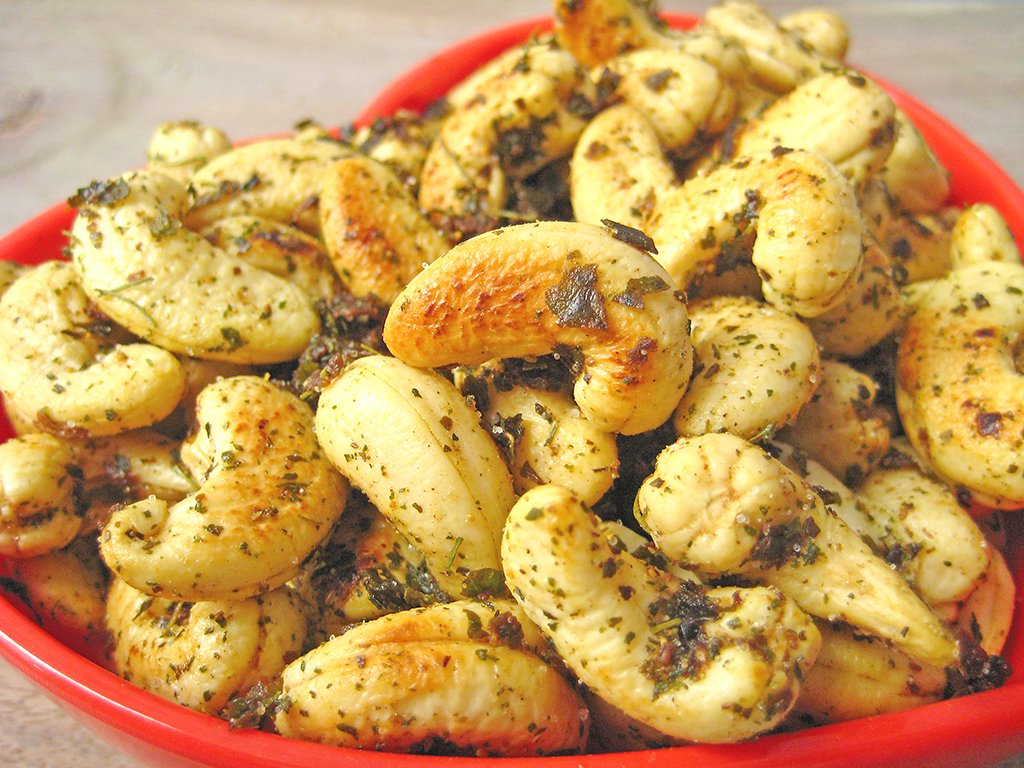Dogs are curious creatures, often tempted to explore and taste a wide variety of foods. While nuts are a popular and nutritious snack for humans, they aren’t always safe for our canine companions. Understanding which nuts are safe and which are harmful can be crucial to your pet’s health and well-being. Let’s delve into the world of nuts to discover what’s safe for dogs and what should be avoided.
Why Nuts Can Be Problematic for Dogs

Nuts, in general, can pose several problems for dogs. They are often high in fat, which can lead to obesity and pancreatitis in dogs if consumed in large quantities. Some nuts are also toxic to dogs and can cause severe health issues. Additionally, their shape and size can present choking hazards or cause digestive blockages. Therefore, it’s essential to be well-informed about which nuts are safe for canine consumption.
Safe Nuts for Dogs to Consume

Certain nuts can be included in a dog’s diet in moderation. Peanuts, for instance, are safe for dogs to eat, provided they are plain, unsalted, and not covered in chocolate or other flavorings. Peanut butter is a common and popular dog treat, as long as it doesn’t contain xylitol, a sugar substitute that is highly toxic to dogs. Similarly, cashews can be given in small amounts but should be unsalted and unseasoned. Finally, almonds, though not toxic, can be difficult for dogs to digest and should be given sparingly.
Nuts to Avoid Feeding Your Dog

Several nuts are highly toxic or pose significant risks to dogs. Macadamia nuts are well-known for being poisonous to dogs, even in small quantities. Symptoms of macadamia nut poisoning include weakness, vomiting, and tremors. Similarly, walnuts can cause blockages and contain a toxin called juglone, which can lead to gastrointestinal distress and seizures. Pecans should also be avoided as they can mold quickly, posing a risk for mycotoxin poisoning.
The Risks of Flavored and Seasoned Nuts

Nut seasoning often includes ingredients that are harmful to dogs, such as chocolate, garlic, and onion flavorings. These ingredients can be toxic and should be avoided at all costs. Even if a nut variety is generally safe for your dog, any added seasoning, flavoring, or sugar can introduce new health risks. Always opt for plain and raw varieties when considering giving nuts to your dog.
Tips for Introducing Nuts into Your Dog’s Diet

If you choose to introduce nuts into your dog’s diet, start with very small portions to monitor for any adverse reactions. Gradually increase the amount if no side effects are observed. Always serve nuts in moderation and as an occasional treat rather than a staple part of their diet. Observing your dog’s reaction is crucial, as individual dogs might react differently to the same nuts.
Signs of Nut Poisoning in Dogs

It is vital for dog owners to recognize the signs of nut poisoning to ensure that timely medical intervention can be provided. Symptoms may include vomiting, diarrhea, lethargy, seizures, and a lack of coordination. In more severe cases, the dog may exhibit cyanosis (bluish coloration due to low blood oxygen) or even collapse. If any of these symptoms occur after your dog ingests nuts, seek veterinary attention immediately.
Keeping Your Dog Safe

Nuts can be a nutritious snack, but it’s crucial to be discerning about what types are safe for your dog. While peanuts and cashews may be acceptable in moderation, nuts like macadamia and pecans should be strictly avoided. Always be cautious with any flavored or seasoned nuts, and observe your dog for any signs of discomfort or illness. With the right knowledge, you can ensure that your canine companion remains healthy and safe while enjoying a balanced diet.

Esther is from India; the heartbeat of South Asia, holding a Master’s degree in Zoology and a postgraduate diploma in Animal Welfare. Her enthusiasm for animal welfare drives her passion and dedication to working for animals, ensuring their well-being, and advocating for their rights. With a solid academic background and hands-on experience, she is committed to making a positive impact in the field of animal welfare. In her free time, she enjoys embroidery and sewing. As a Chennaite from Tamil Nadu, Esther loves Bharathanatyam, an Indian classical dance form.





